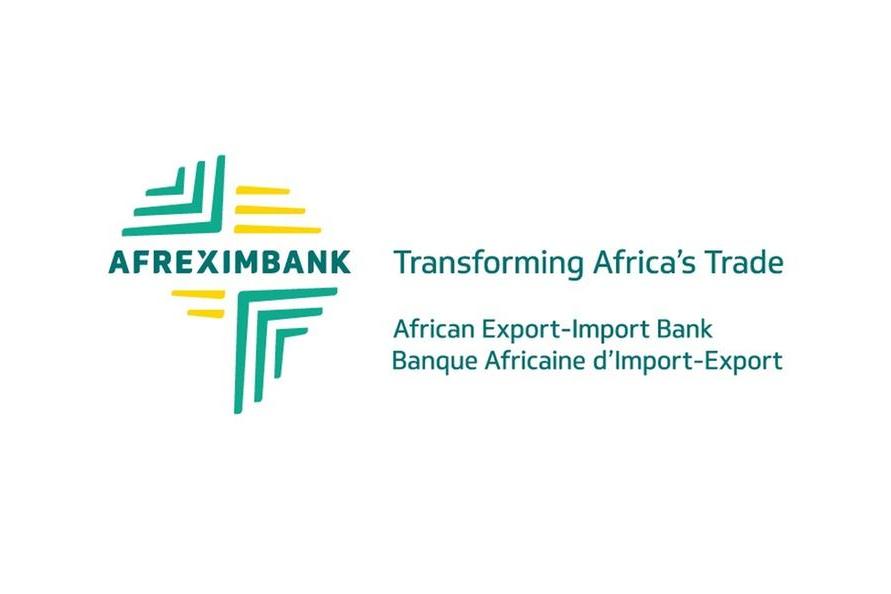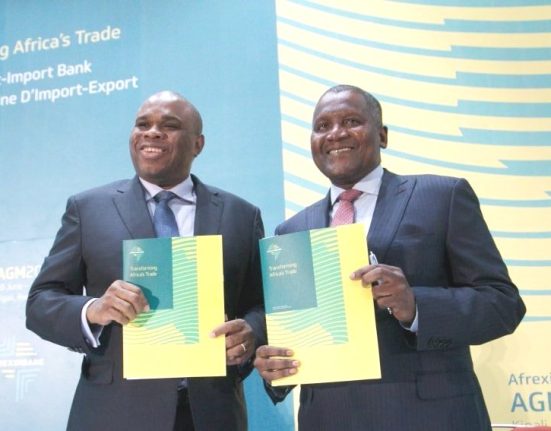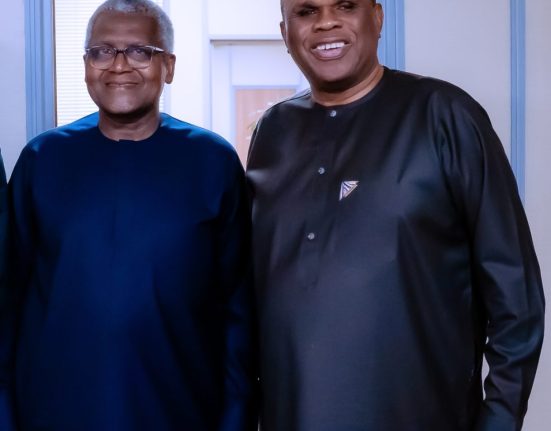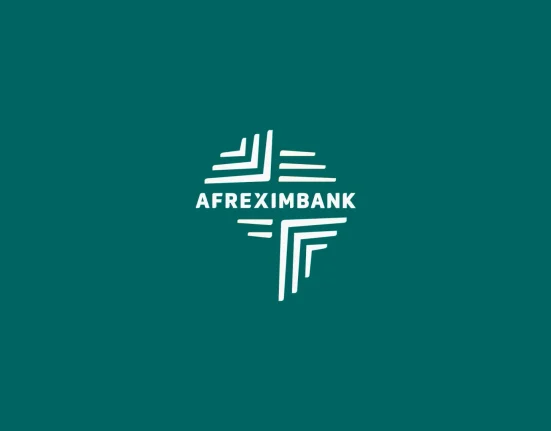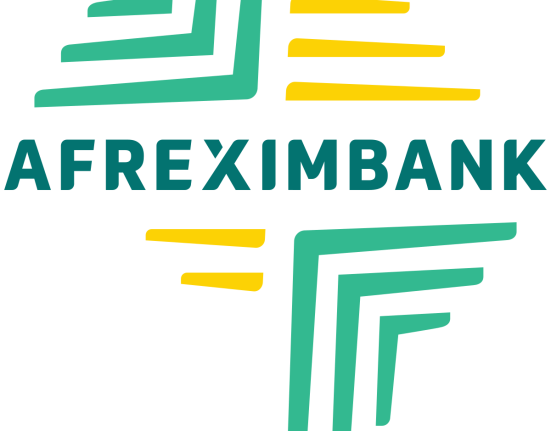Cairo, July 9, 2025 — Africa’s premier trade finance institution, Afreximbank, has recently been hit by two consecutive credit rating downgrades that have sparked intense debate between development-driven priorities and strict global financial metrics.
Moody’s on July 1 downgraded Afreximbank’s long-term issuer rating from Baa1 to Baa2, citing concerns over weaker asset performance and a shift towards unsecured sovereign lending—notably to Ghana, Zambia, and Malawi—which increases vulnerability to volatile economic conditions. Moody’s also flagged diminished funding diversification and high liquidity levels that may be unsustainable over the longer term .
Earlier, on June 4, Fitch Ratings had reduced its long-term issuer default rating to BBB‑, citing an elevated 7.1 percent non-performing loan (NPL) ratio—in stark contrast to Afreximbank’s internally measured 2.44 percent—highlighting concerns over transparency and risk governance .
Rating agencies argue that the turnaround reflects genuine credit risk, especially due to sovereign exposures and shrinking market access. Moody’s noted that high cash reserves, if sustained, could strain returns, while Fitch emphasized potential loss vulnerability should debt restructurings include the bank .
Afreximbank and African stakeholders, including the African Peer Review Mechanism (APRM), counter that these agencies misunderstand the bank’s unique mandate and legal safeguards:
As a treaty-based multilateral development institution (MDI), Afreximbank claims Preferred Creditor Status, shielding it from restructuring .
The bank maintains its approach adheres to IFRS 9 accounting standards, arguing that Fitch’s classification methods are inaccurate .
APRM, under the African Union, publicly labelled Fitch’s downgrade “flawed”, urging a recalibration that considers the bank’s developmental role .
Despite ratings declines, bond markets remain resilient. For instance, Afreximbank’s 2029 Eurobond continues to trade near 95 percent of face value, reflecting investor confidence in yields . Leading bank J.P. Morgan even upgraded their bonds to “overweight,” citing sustained profitability and deep asset base as key supports despite increased risk .
Yet, analysts warn this moment is a wake-up call: as Africa grapples with sovereign debt realignment, Afreximbank must reinforce risk controls, diversify funding, and validate its preferred creditor merits. Failure to do so could impact its capacity to finance intra-African trade and may affect borrowing costs—potentially undermining its support for AfCFTA integration and developmental missions .

